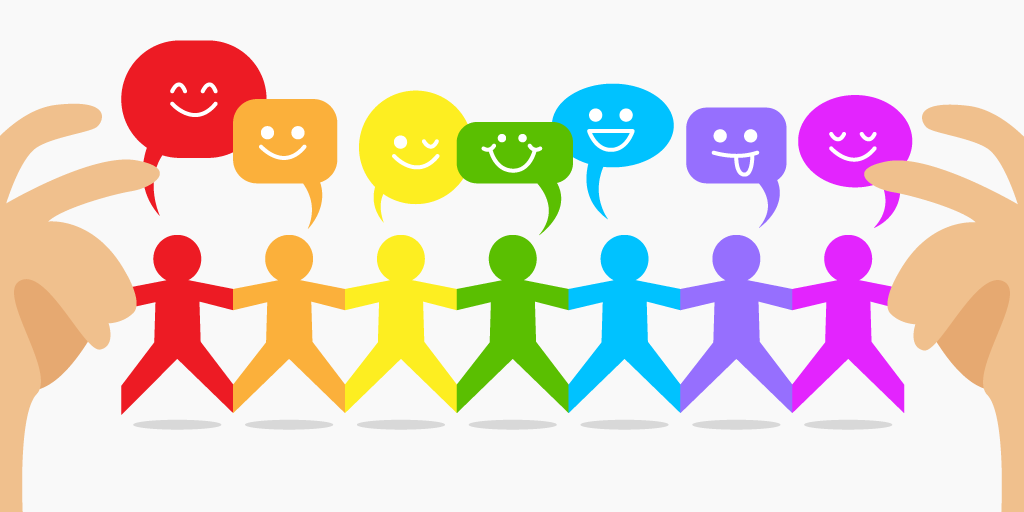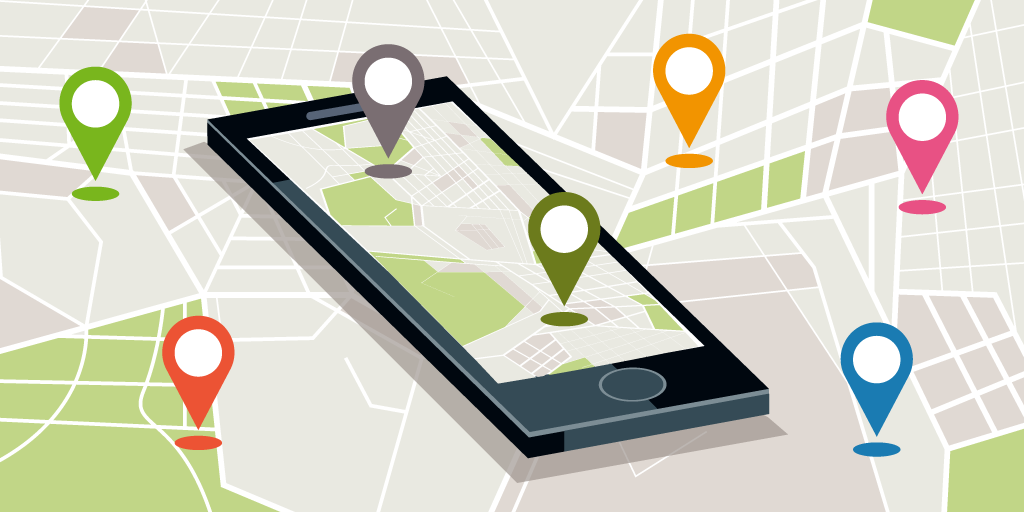Customer service is considered a top competitive differentiator for most businesses. Why? Because 86% of customers are willing to spend more money with companies that provide a better customer service experience.
No wonder it matters.
So, now businesses proclaim that they value customers in their quarterly reports but how does a business know if it really is providing great customer service?
In this article, we’ve set out to describe what constitutes an exceptional customer service example.
Defining Customer Service
How can we know what great customer service is without first defining “customer service?” We can’t. And breaking out the Merriam-Webster dictionary isn’t going to be much help.
Because a good customer service definition is an amalgamation of factors.
And these factors come together in myriad ways to demonstrate how to deliver good customer service. Which we’ll be elucidating during the course of this piece.
We still need a broad definition for the sake of moving forward. Here’s one that covers the basics:
Customer service is an organizational attitude that seeks to meet the needs of its customers.
The key term in our generally drawn definition? Attitude. Customer service isn’t just a help desk near the checkout aisle, or a 24-hour support desk.
Exceptional customer service examples start as an approach to running a business.
What I’m getting at, is that a good customer service definition means that customer service is part of a company’s culture: its guiding philosophy.
Is Customer Service Your Priority?

Great customer service can only thrive in companies that internalize customer service as a part of their culture. It cannot exist as a checkmark on a list of “To Do” tasks.
Otherwise, your business will fail at meeting customers’ needs.
What does that mean?
A company culture begins with the head-honchos and spreads to the rest of the company, like the first trickle of water that eventually becomes a waterfall.
Here’s an exceptional customer service example from Jeff Bezos
“We see our customers as invited guests to a party, and we are the hosts. It’s our job every day to make every important aspect of the customer experience a little bit better.”
How do you know if your culture is on the right track to answer, “How to deliver good customer experience?”
Answer the question, “What does your business do?” If your first thought is, “We sell X,” or “We provide service Y” it’s time to rethink your priorities.
What Does Your Business Do?
When someone asks what your business does, the answer should be, “We strive to provide the best possible customer service.”
If it’s not, well… you may have guessed: you’re not providing great customer service; you’re just providing customer service.
Meeting the customer’s needs isn’t a far-off goal post somewhere over the horizon. It’s the field your business needs to play on if it wants to attract fans in the customer service arena.
But it’s not as if once a business establishes customer service as their priority, everything else falls into place.
No, no, no. Customer service is an ongoing and evolving phenomenon — one that shifts with the dynamics of the day.
In a way then, the a good customer service definition instills an educative process in the company. One that has to be renewed with each sunrise.
Do You Listen to Your Customers?

Here’s another telling question to gauge the degree of customer service your business offers: do you listen to your customers?
It’s standard procedure to issue surveys and questionnaires. They provide a great way to receive invaluable customer feedback.
But too often, questioning customers becomes just that: a standard procedure. It’s the wrong mindset. The kind that quickly ends up in negative reviews that leave an indelible stain on a business’ reputation.
Because customers want to be heard.
In researching intergroup conflict, MIT researchers found that sharing our perspective and feeling that the perspective is heard is empowering:
"If that sense of being neglected and disregarded and taken advantage of is the biggest obstacle to progress, from their perspective, then you can partly address that by providing an experience of being heard."
Customers want to know they’re being heard. That they’re not talking into the void. That counts for both positive and negative comments.
Customer Service and the Power of Social Media
People are talking now more than ever. They have nearly limitless platforms to do so too. Whether it be business review sites, Twitter, Reddit, Facebook, etc., customers are voicing their opinions.
And 88% of customers are influenced by customer service reviews posted online.
Seeking customer feedback has to be understood as an intricate part of customer service culture.
Companies like Nascar and Best Buy have turned to customer reviews and intelligence platforms that seek to understand customers to not only improve their own products, but to engage their community.
Social media alone has changed the face of customer service in too many ways to mention in this article. A desire to move with the ever-changing flow of customer service is essential.
Great Customer Service Creates a Sense of Community

Because that’s what listening does. It creates a community between business and buyer: a relationship rather than a cold transaction.
Another fundamental tenet of an exceptional customer service example is engaging customers, both their concerns and praises.
So that, how far a business goes out of its way to meet the unique needs of its customers is a telltale sign of great customer service.
Do You Personalize the Customer’s Experience?
And here we end up at the final notch in the meaning of customer service: a personalized shopping experience.
The traditional model of buying and leaving is out the window. Customers want more than just a standard interaction when they shop.
Peter Reinhardt, CEO and co-founder at Segment says:
“Shoppers expect brands to remember who they are, whether they’re on a digital channel or in-store. However, very few companies can actually deliver on these tailored experiences.”
What customers want today is a personalized experience. And companies that meet this need for personalization excel above the competition.
Customer Service and the Bottom Line
If customer service for the sake of customer service isn’t enough for you, then just know that great customer service will lead to a bigger bottom line.
In fact, Accenture predicts that businesses that offer personalization will get a slice of a $2.95 trillion prize by 2025.
Ultimately, customer service matters because it affects the bottom line. The better your customer service, the larger the bottom line.
Great customer service is all about putting the customer first. It’s not just an extension of your strategy but the heart of an effective approach to business.
Enhance your customer service strategy by integrating your business with a queue management system like Qminder — which is free to try out for two weeks.






